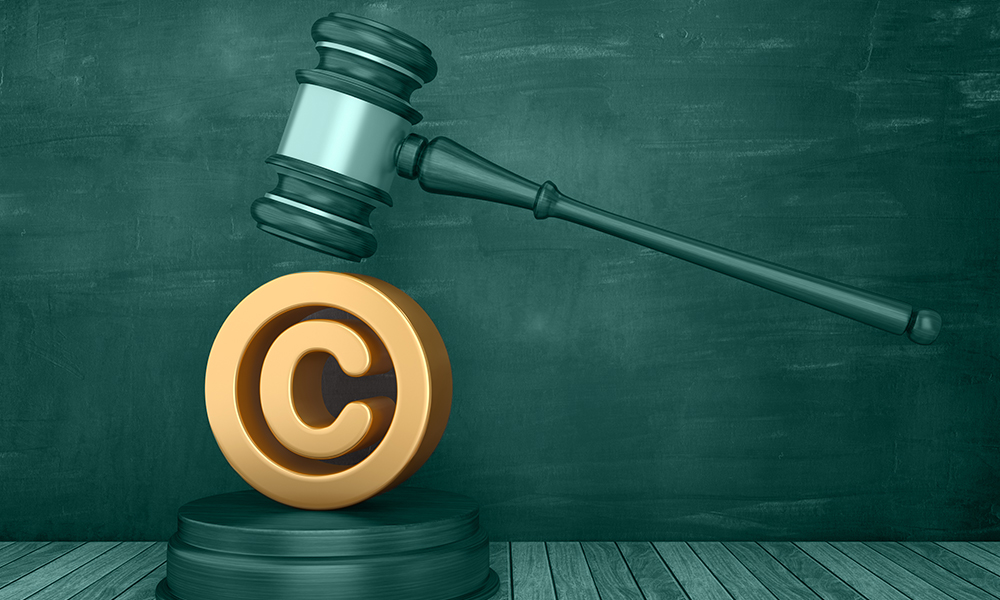As from January 14, the Spanish Patents and Trademarks Office (SPTO) will, for the first time, assume the task of determining whether a trademark is invalid or must be revoked.
As from this coming January 14, claims requesting a declaration of invalidity or the revocation of a Spanish trademark (or Spanish trade name) must be filed at the SPTO. As a result, it will only be possible to submit claims at the commercial courts, in the form of a counterclaim, in trademark infringement proceedings.
Royal Decree-Law 23/2018, which transposes Directive 2015/2436 relating to trademarks, introduces this change in legislation. It means that from now on, it is the SPTO that will be responsible for deciding whether a particular sign comes under an absolute prohibition (for example, trademarks that are not distinctive, that are descriptive, unlawful, contrary to public policy, or to accepted principles of morality, that are generic, liable to mislead the public or registered in bad faith).
It will also have the authority to declare trademarks/trade names invalid due to relative grounds where the registration is, for example, identical or similar to a prior or well-known trademark or trade name, or to an unregistered but well-known trademark in Spain prior to the filing date of the trademark/trade name for which invalidity is sought.
The SPTO may also revoke a trademark (or trade name) where it has been registered for over five years and has not been put to genuine use, without a proper reason. The revocation may also be applied when a trademark has become either misleading or the common name for a product or service.
This constitutes a paradigm shift and we, therefore, preempt the questions that we will most frequently face.
- Will claims have to be signed by a lawyer? Claims filed at the SPTO will not have to be signed by a lawyer nor by an industrial property agent or court procedural representative.
- How much will it cost to file a claim? Payment of a mandatory fee of 200 euros, according to tariff one of the Schedule of the Trademarks Law, plus the fees for the preparation of the claim. It should be borne in mind that an order to pay costs is not envisaged and that damages may not be claimed in this new invalidity/revocation proceeding.
- If the respondent is a foreigner, does a translation of the claim have to be submitted? The respondent is notified of the claim via its agent, if it has one, or directly at that address provided when it applied for the trademark or trade name.
- Can a hearing be requested at the SPTO? No provision has been made for holding hearings at the trademark office. As a result, the evidence that is submitted with the claim and answer is eminently documentary. Hearings are only envisaged if an appeal is filed at the provincial appellate court.
- Do claims requesting a declaration of invalidity due to filing the application for the trademark in bad faith have to be made retroactive to the moment the application was filed? Yes because the SPTO will have to assess the applicant’s conduct at that particular moment in time and decide whether, applying the guidelines of the Court of Justice of the European Union (CJEU) in this regard, the trademark should be declared invalid or upheld. It is therefore the same body that granted the trademark that has the authority to declare it invalid later on.
- Can the party that is applying for a declaration of invalidity of a trademark because it comes into conflict with its prior rights be requested to prove that it has used the prior mark on which the request for invalidity is based in the five years prior to making the claim? Yes, and also if it was using the trademark in the five years before the owner of the contested mark filed its application. This can involve the assessment having to go back many years, so organizing the proof of use is paramount. It should be taken into account that if evidence of the use of the claimant’s prior mark cannot be provided, the claim will be dismissed.
- Can the SPTO’s decisions be appealed? First, as has been the case until now, at the trademark office itself by means of an administrative appeal. However, in the event that the decision in the administrative appeal is also appealed, as from January 14, it is the specialized panels of the provincial appellate courts of Madrid, Barcelona, Valencia, Granada, La Coruña, Bilbao and Las Palmas de Gran Canaria that will hear the appeals. The features of this new appeal are set out in the Civil Procedure Law (article 447 bis) and are applied to all decisions of the SPTO that exhaust remedies available via the administrative channel.
- Have provisions been made for a database containing the decisions issued by the SPTO? It appears that we will not have a database to consult the decisions issued, nor therefore the criteria of the SPTO in declaring the invalidity or revocation of a trademark, although the criteria of the CJEU will have to be followed.
- Has this simplified the declaration of invalidity/revocation process? Yes, because it avoids having to follow the procedure of an ordinary lawsuit, which is how invalidity/revocation claims had been processed until now. As a result, the preliminary hearing and trial procedures that we had until now have disappeared. For this purpose, the SPTO has published a Handbook on administrative invalidity and revocation as a road map.
- How long are these invalidity and revocation proceedings expected to last? 20 months according to the Trademark Law (Additional Provision Five), although this will be extended to 24 months in the case of declarations of invalidity.
In short, we expect that the simplification and reduction in costs of the procedure will cause an increase in applications for a declaration of invalidity and revocation. However, care should always be taken when deciding whether to file such claims and always within a defined global strategy, in order to avoid the claim triggering an infringement action and/or counterattacks in other countries.
Isabel Pascual de Quinto Santos-Suárez






